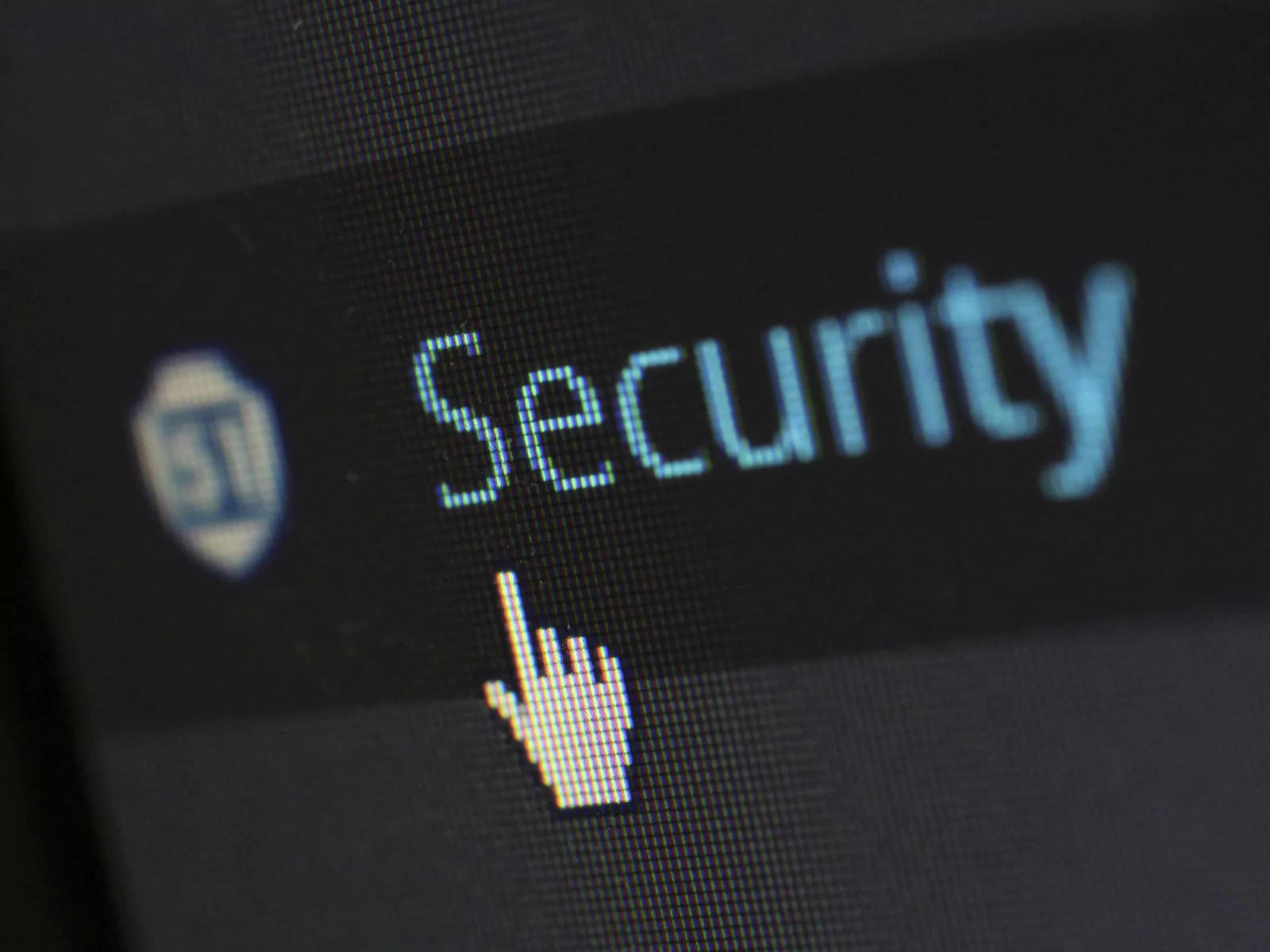Hacker attacks against websites in Bulgaria have increased by 340% in the last two years. Every day hundreds of small businesses fall victim to cyber criminals, losing data, customers and reputation.
In this article you will learn how to protect your website with 7 professional methods used by the leading web agencies in Bulgaria.
Why Are Small Businesses Most Vulnerable?
Small and medium-sized enterprises are often targeted by hackers because they have weaker security measures than large corporations, do not invest enough in security and use outdated versions of software.
According to the latest data from the Cyber Security Agency:
- 76% of the attacks targeted small businesses
- The average loss from a cyber attack is 15,000 BGN for a small company
- 60% of small businesses close within 6 months of major attack
Step 1: Daily Backups - Your Insurance
Daily backups are the most important protective measure. Even if you get hacked, you can quickly restore your site.
What a good backup should include:
- Full website files
- Database with all records
- Email settings and accounts
- SSL certificates and configurations
Frequency of backups:
- Daily for active business sites
- Once a week for static sites
- Before each major update
At Studio New Era, we make automatic backups every day for all our customers, stored in three different locations - included in the monthly subscription of 99 BGN.
Step 2: SSL Certificate and HTTPS Encryption
An SSL certificate isn't just for SEO - it protects all data between the server and your site visitors.
Types of SSL certificates:
- Domain Validated (DV) - basic protection suitable for most small businesses
- Organization Validated (OV) - additional validation for companies
- Extended Validation (EV) - maximum protection for e-commerce
Important details:
- Free Let's Encrypt certificates are sufficient for 90% of the cases
- Automatic renewal prevents interruptions
- Mixed content errors can compromise security
Step 3: Strong Passwords and Two-Factor Authentication
92% of the hacking attacks used weak or stolen passwords. This is the easiest front door for criminals.
Rules for unbreakable passwords:
- Minimum 14 characters (longer = more secure)
- Combination of upper and lower case letters, numbers and special characters
- Unique to each account (never repeat passwords)
- Regular update every 90 days
Two-Factor Authentication (2FA): Adds a second layer of security via SMS code or an app like Google Authenticator. Even if your password is ripped off, a hacker can't get in.
Password managers we recommend:
- 1Password - excellent for businesses
- Bitwarden - free and secure option
- LastPass - popular and easy to use
Step 4: Regular Software Updates
Outdated software is the number one gateway for hackers. 60% of attacks exploit known vulnerabilities in old software.
What you should update regularly:
- WordPress core (if using WordPress)
- All plugins and themes - check weekly
- PHP server version - maintain the latest stable version
- Hosting operating system
Strategies for safe updates:
- Always make a backup before a major update
- Test the staging environment updates first
- Set up automatic security patches
- Remove unused plugins and themes
Step 5: Web Application Firewall (WAF)
WAF blocks malicious traffic before it reaches your server - like a digital bodyguard for your website.
Popular WAF solutions:
- Cloudflare - free plan with basic protection
- Sucuri - specialized for WordPress security
- Wordfence - powerful plugin for WordPress websites
What WAF blocks:
- SQL injection attacks
- Cross-site scripting (XSS)
- Brute force attacks on login forms
- DDoS attacks with high traffic volume
- Known malicious IP addresses
Step 6: Restrict User Access
The principle of minimum necessary rights is the basis of good security. Not all employees should have admin access.
Access levels in WordPress:
- Super Admin - for the owner only
- Administrator - for the IT manager
- Editor - for content managers
- Author - for regular content authors
- Contributor - for external collaborators
Additional security measures:
- Restrict admin access by IP address
- Logs of all user actions
- Regular audits of active accounts
- Immediate deactivation of departed employees
Step 7: Incident Response Plan
Even with all precautions, attacks sometimes happen. It is important to have a clear plan of action.
Elements of a good incident plan:
Immediate action (first 30 minutes):
- Isolate the compromised server
- Notifying key people
- Documentation of visible damage
- Activating the backup plan
Short-term actions (first 24 hours):
- Recovering from the last clean backup
- Change all passwords
- Audit all user accounts
- Communication with customers (if necessary)
Long-term actions:
- Analysis of the causes of the attack
- Improving protective measures
- Team training
- Documentation of lessons
Why Professional Maintenance is Critical
Website security is not a one-off task - it is an ongoing process that requires specialist knowledge, constant attention and up-to-date knowledge of new threats.
Most small businesses don't have the resources to maintain a dedicated IT team. Therefore, outsourcing security to professional web agencies is a wise decision.
At Studio New Era, we include full security in our monthly plans:
- Daily automatic backups to three locations
- Automatic security updates
- 24/7 monitoring for threats and attacks
- Web Application Firewall (WAF) protection
- Fast response to problems (under 30 minutes)
- SSL certificates included and automatically renewed
- Regular security audits
Get started with the ultimate secure website today - £99/month, ready in 7 days, with military security included.
Frequently Asked Security Questions
How often do hacker attacks happen in Bulgaria? Every day over 200 cyber incidents are registered in Bulgaria. Small businesses are particularly vulnerable because they often lack adequate protection.
Are free security plugins enough? Free plugins offer basic protection, but for serious security you need a professional solution with 24/7 monitoring.
What makes Studio New Era different in security? We don't just do backups - we create a comprehensive secure ecosystem with multi-layered protection, proactive monitoring and rapid response.
Can I maintain the security of my website myself? You can implement basic measures, but professional security requires specialized knowledge, expensive tools and constant attention.

